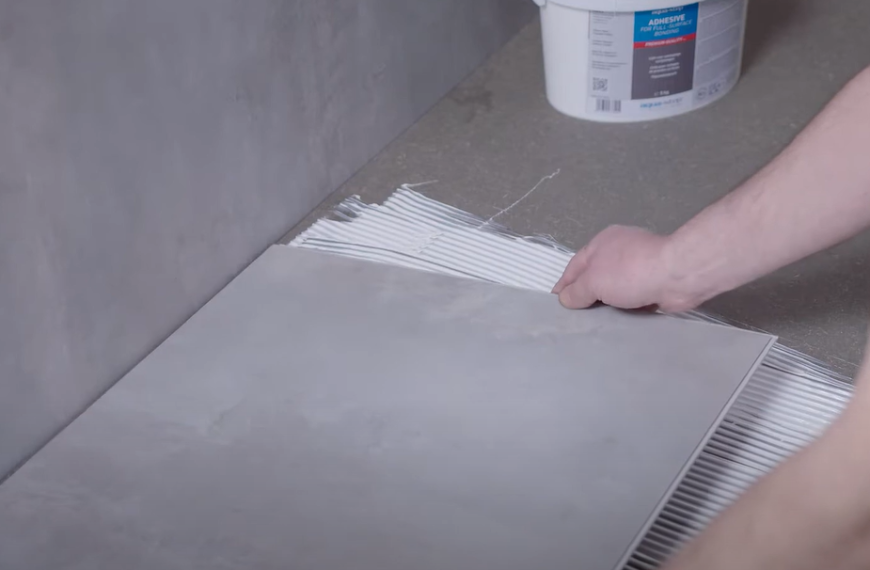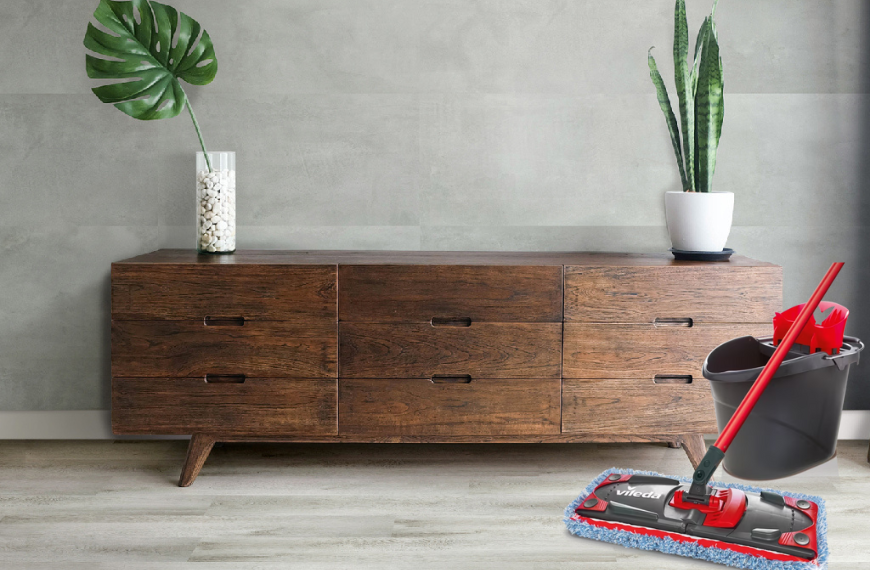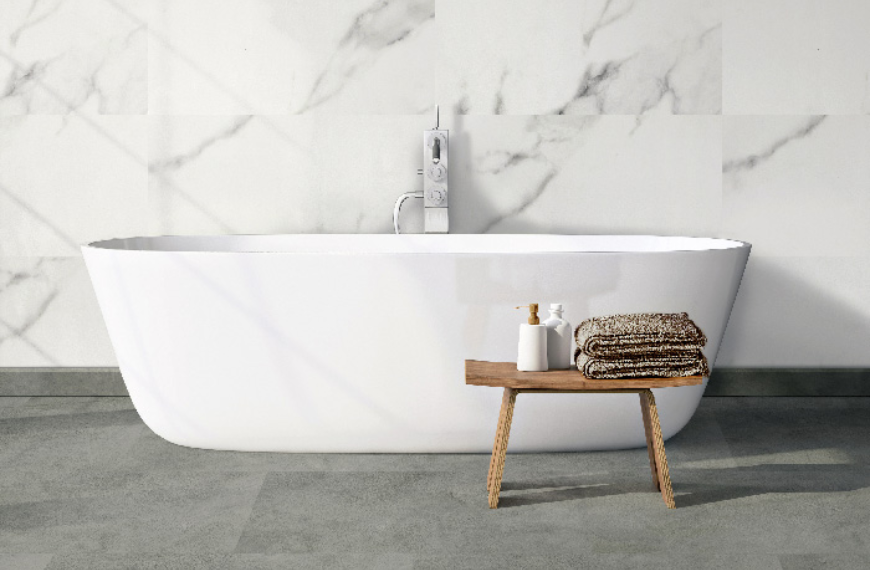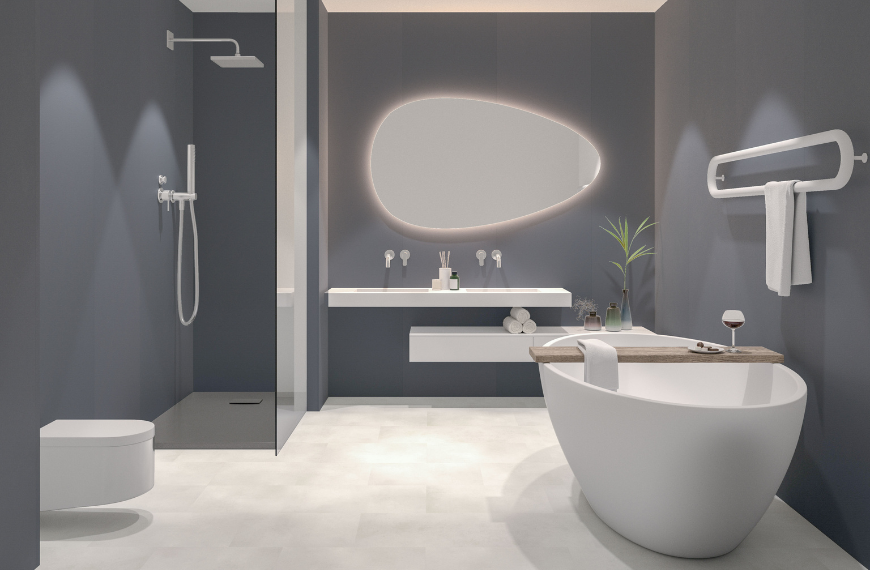Underfloor Heating: Is SPC Vinyl Flooring or PVC Flooring the Right Choice?
Enjoy the luxury of warm feet as you step out of the shower and relish a pleasant ambiance while experimenting with new recipes in your kitchen – all thanks to underfloor heating. To fully embrace the benefits of this warmth, it's crucial to select the appropriate flooring that efficiently conducts heat. Moreover, it's essential for the flooring in your bathroom or kitchen to withstand moisture and water. Allow us to offer guidance on the ideal flooring that not only accommodates underfloor heating but also possesses water-resistant properties.
Understanding the thermal resistance of your flooring
Thermal resistance, also known as the thermal insulation value, indicates how quickly a material conducts heat. The thickness and composition of the material influence this characteristic, which in turn determines its thermal conductivity. A lower R-value signifies that the material conducts heat more effectively, while a higher R-value indicates greater resistance to heat flux. Grasping the thermal resistance of your flooring is paramount in making informed decisions about insulation and energy efficiency in your space.
When laying a floor, the requirement is that the combined R-value of the moisture-insulating layer, the sound-damping layer, and the flooring itself must not exceed 0.15 (m² * K) / W.
SPC vinyl floors and underfloor heating
The Aqua Click Tiles and Vinyluxe SPC vinyl floors are perfectly suited for underfloor heating. With a thickness of 3.5 or 4 mm and an R-value of 0.039, these floors offer optimal heat conduction. Additionally, we present the Vinyluxe Supreme floor, which boasts a thickness of 4.5 mm and an R-value of 0.0085, providing higher resistance to heat transfer.
PVC floors and underfloor heating
For those who prefer a thicker floor, the 8 mm thick Aqua-Step SVC floor with a hollow structure is an excellent choice. With a thermal resistance of 0.081, this floor is ideal for underfloor heating. Moreover, the 5.3 mm thick Aqua-Step Solid and Aqua-Step XL, both crafted from solid PVC, are also highly suitable for underfloor heating. Furthermore, these floors possess a slightly lower R-value (0.047), enhancing their heat-conducting capabilities.
Underfloor heating and underlay
To optimize floor insulation and sound dampening, we recommend incorporating underlay as well. When choosing underlay, it's important to consider the R-values, which are added to the R-value of the floor (and potentially the moisture-insulating layer if laid separately). The combined value should not exceed 0.15 (m² * K) / W.'"
Note: The translation maintains a confident and professional tone while enhancing the language with more sophisticated and polished vocabulary and expressions.






